
Jan. 28, 2019
Clintin Davis-Stober
Dr. Clintin Davis-Stober is a Professor in the Department of Psychological Sciences at the University of Missouri. He holds a Ph.D. in Quantitative Psychology and an M.S. in Mathematics from the University of Illinois at Urbana-Champaign.
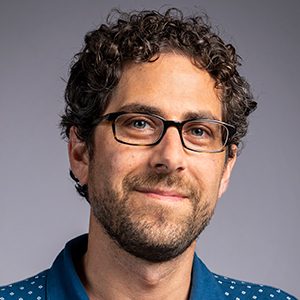
Oct. 23, 2018
R. Keith Slotkin
The Slotkin laboratory uses Arabidopsis thaliana, a reference flowering plant, as a model to investigate how eukaryotic cells repress transposable elements. Transposable elements are fragments of DNA that can duplicate or move from one location to another. Their ability to replicate has resulted in transposable elements occupying vast amounts of most eukaryotic genomes, including nearly half of the human genome. Although often overlooked or dismissed as “junk DNA”, transposable elements have played an important role in the structure and evolution of the eukaryotic genome. However, when transposable elements are active, they cause DNA damage and new mutations by inserting into…
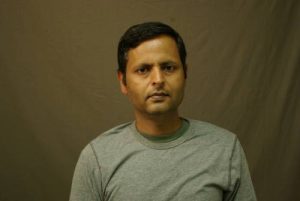
July 9, 2018
Susanta Behura
I apply bioinformatics and data science tools in diverse research areas such as 1) transmission of arboviral diseases, 2) animal diseases and 3) pregnancy establishment and success. I am also interested in basic researches relating to genome biology and evolution, comparative genomics, non-coding RNA and regulatory elements, and biological roles of small open reading frames.

July 6, 2018
Sharan Srinivas
Sharan Srinivas is an Assistant Professor with a joint appointment in the Department of Industrial & Manufacturing Systems Engineering and the Department of Marketing at the University of Missouri (MU). He is also a core faculty at the MU Institute for Data Science and Informatics, and a visiting faculty at the University of Passau, Germany. Dr. Srinivas received his Ph.D. in industrial engineering and operations research from the Pennsylvania State University. Dr. Srinivas’ area of specialization is data analytics and operations research with research interests in healthcare operations management, logistics, smart service systems, and supply chain. He has been an…
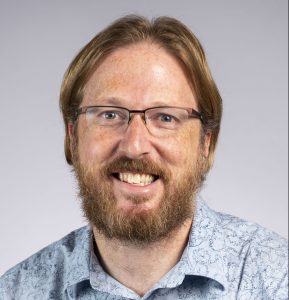
May 3, 2018
Derek Anderson
Dr. Anderson’s Mizzou INformation and Data FUsion Laboratory (MINDFUL), located in C1201 Lafferre Hall, was formed in January of 2018 and it will be up and running in summer of 2018. Previously, Anderson co-founded and co-directed the Sensor Analysis and Intelligence Laboratory (SAIL) at Mississippi State University. SAIL is a multidisciplinary research lab with diverse applications ranging from smart vehicles (for tier one commercial partners), to security and defense (hand-held, ground vehicle, and aerial platforms), forensic anthropology (clandestine graves and human surface remains), and environment understanding (agriculture and land classification in support of autonomous ground vehicles and robotics). MINDFUL will…
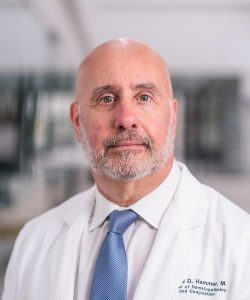
March 1, 2017
Richard Hammer
Dr. Richard Hammer is highly trained hematopathologist/surgical pathologist with extensive experience and a focus on providing state-of-the-art diagnosis and evaluation using the latest evidence-based medicine. His lab provides high-level service in hematopathology, flow cytometry, coagulation, and molecular diagnostics in hematology. He also is involved in bioinformatics and developing tools to apply digital solutions to clinical practice and clinical decision support.
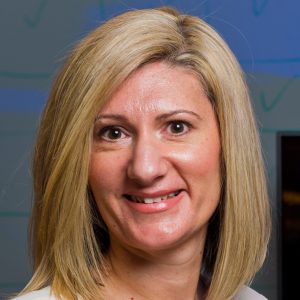
March 1, 2017
Mirna Becevic
Dr. Becevic’s research is focused on telemedicine and telehealth and the role of virtual care in improving key patient outcomes. In particular, her research focuses on using telehealth technologies to improve access to care for rural and underserved patients. This includes early screening, timely diagnosis, appropriate use of the healthcare system and distance continuing medical education. Dr. Becevic is the lead project evaluator for the Show-Me ECHO (Extension for Community Healthcare Outcomes) project. This virtual, interdisciplinary collaborative network provides a peer and case-based learning platform for primary care providers to gain knowledge in several different specialties and subspecialties (dermatology, asthma,…
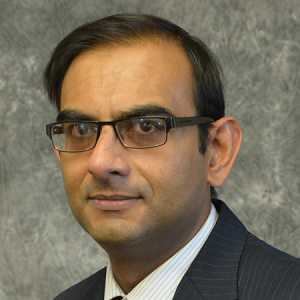
Feb. 15, 2017
Sounak Chakraborty
Sounak Chakraborty is an Associate Professor at Department of Statistics, University of Missouri. His general research interest involves statistical methods for data mining, machine learning, survival analysis, Bayesian methodology, and their applications in bioinformatics, finance, medical and healthcare data. His developed models and tools are successfully applied to several types of cancer data for detecting the stage of the cancer, type of cancer, and survival time of the patients. They are also used in predicting the composition of a material based on near infrared spectroscopy like plasma, petroleum, and food content. Prof. Chakraborty is awarded with multiple NSF and NIH…
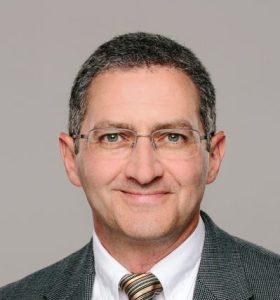
Feb. 15, 2017
Dale Fitch
Dr. Fitch uses both quantitative and qualitative research methodologies addressing topics that include management of information systems in human service organizations, systems theory, and decision-making. He employs systemic intervention methodologies including critical system heuristics and soft systems. His research seeks to understand how the components of data, information, and knowledge are involved in the design of information storage systems so as to best create systems that better address social determinants of health.